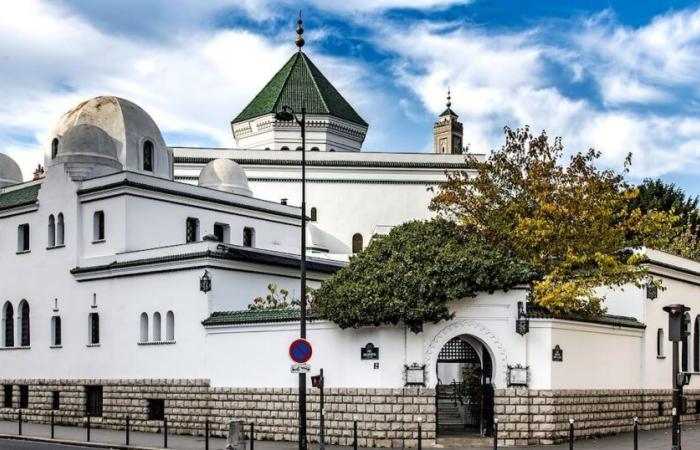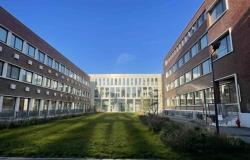Chems-Eddine Hafiz, rector of the Grand Mosque of Paris, has despite himself occupied the forefront of the French media scene since the beginning of the year when his close links with the Algiers regime were revealed in broad daylight in the framework of the affair of Algerian influencers who threaten France with acts of terrorism. Because rather than taking advantage of his role as a religious man to condemn the comments made by the authors of these threats, dissociate himself from them and ease tensions between communities, he has on the contrary thrown oil on the fire by shouting at the Islamophobia of the French far right, and the hatred of Algeria in particular, targeting the Algerian whistleblower who took refuge in France, Chawki Benzehra and Xavier Driencourt, former French ambassador to Algiers.
This media outing by Chems-Eddine Hafiz did not go unnoticed. By wanting to defend the regime which orchestrates the propaganda of hatred which is rampant in France, the rector of the Grand Mosque of Paris literally “blew his cover” as an Algerian agent of influence. The complicit silence in which he has walled himself since the arrest of Boualem Sansal, his compatriot, contrasts strangely with his vehement stance towards French justice following the death of young Nahel and today attests to both weight, two measures applied by the one who chaired the support committee for President Tebboune during the last presidential elections in Algeria.
Read also: Xavier Driencourt and Chawki Benzehra summon the rector of the Grand Mosque of Paris to request the release of Sansal
If the French press took up the subject like the newspaper The Point who questioned in an article “What to do with the Grand Mosque of Paris, annex of the Algerian regime?“, without providing an answer to this question, the solution is today provided by a figure of the so-called “extreme” right, Damien Rieu.
-The well-known whistleblower on social networks and activist of the Reconquest party published a tweet on X on January 19 which sparked many reactions. “Why not entrust the management of the Grand Mosque of Paris to Morocco?» he questions. A way of subtly referencing the Moroccan history of the Great Mosque of Paris, land property of Morocco, built and financed mainly by Morocco, and despoiled by Algeria after a series of controversies.
But, through this publication, the confidence that France (even its “extreme right”) shows in Morocco, from a political point of view, is also affirmed more than ever, to the point of wishing to (re)give it the keys to this religious building emblematic of the Muslim community of France, in order not only to advocate the Islam of the Enlightenment based on tolerance and living together that is preached in Morocco, but also to avoid the risk of any attempt to exploit the religion for political purposes, as Algeria has just set an example. The Algiers regime has in fact transformed the Grand Mosque of Paris into an antenna of influence. Many voices in France do not hesitate to describe this place of worship as “another embassy” of Algeria.





